What Causes Brittle Hair? How To Prevent & Treatment Options
A complete guide on fragile hair and effective tips to manage and save them from further damage
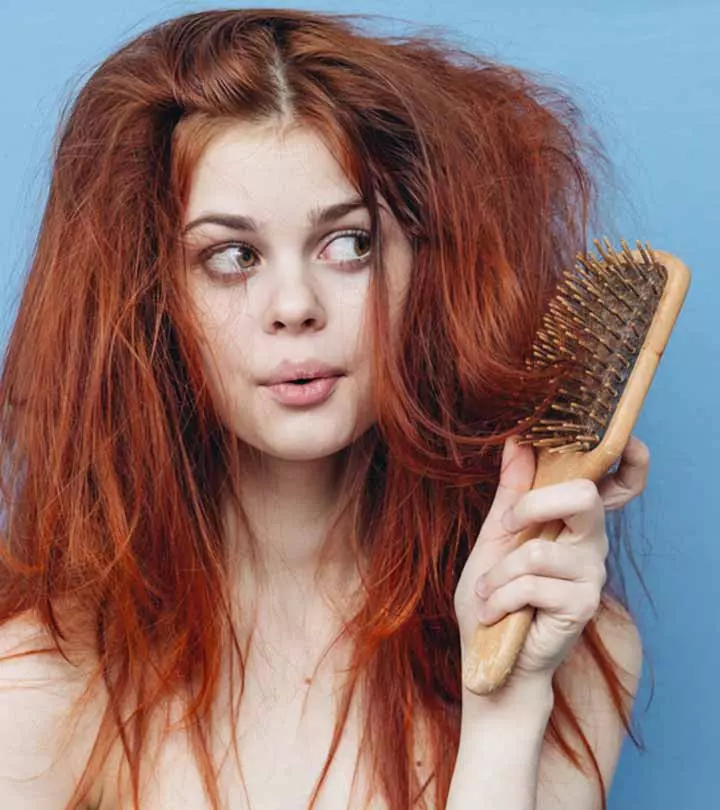
Image: Shutterstock
Brittle hair is a sign of hair damage. It usually appears dry, frizzy, rough, and breaks easily. Leaving this brittle hair untreated may lead to long-term hair damage, usually irreversible. However, certain treatments and processes may reverse the damage, and in some cases, it can also prevent further hair damage. Read on to know the causes, diagnosis, and treatment options for brittle hair.
In This Article
What Causes Brittle Hair?
Brittle is characterized by split ends, breakage, roughness, and dryness. It is more prone to frizz, static, and flyaways. It may also lead to hair grayness if left untreated. Identifying the causes of brittle hair and correcting them can help.
- Copper Deficiency: Copper is crucial for hair strength. Copper deficiency can make hair brittle. It may also cause premature hair graying (1).
- Zinc Deficiency: Zinc deficiency could be associated with alopecia as it may make hair brittle (1).
- Over-Grooming: Excess hair styling with curlers, flat irons, blow dryers, and other styling tools can cause the hair to become weak and brittle (2). These tools use heat to change the hair structure to style the hair. The heat causes serious hair damage and leaves it dry and lifeless.
- Chemicals: Chemicals used in hair styling treatments, hair colorants, dyes, and certain hair products can deteriorate hair health and lead to hair attrition (2). Shampoos containing sulfates or parabens may make hair dry and brittle (as they have a pH higher than needed). Certain chemical treatments contain formaldehyde that can cause scalp inflammation and weaken hair. Hair dyes use colorants and chemicals like hydrogen peroxide and ammonium that can leave hair brittle due to their oxidizing and penetrative properties.
- Excess Washing: Washing your hair too much can also make it brittle. Ideally, you can wash your hair twice a week. Washing your hair too often can strip its natural sebum and leave it dry. Also, frequent washing with a harsh shampoo can cause hair damage. If you need to wash your hair often, use a gentle shampoo or cleanser.
- Wet Hair: Wet hair is more porous. Pouring water over your hair can cause the hair shaft to absorb the water and swell up (2). This can leave each hair strand open to more damage, leading to brittleness.
- Weakened Hair: Thinning and weak hair can eventually make hair brittle. Hair weakens from exposure to daily pollution, UV rays, stress, dirt, and weather conditions (2). This constant weakening can make hair brittle and prone to breakage.
 Quick Tip
Quick Tip- Dry Scalp And Hair: Dryness in the scalp or hair can make hair stiff and brittle. Insufficient sebum or moisture can make hair dry and easily breakable.
- Anorexia Nervosa: This is an eating disorder characterized by intense fear of gaining weight, compulsive exercising, anxiety, irritability, social withdrawal, and limited food intake. Individuals with anorexia may experience brittle hair due to insufficient intake of essential nutrients. This may weaken the hair shaft, leading to increased fragility, dryness, and breakage (3).
- Tight Hairstyles: Tight hairstyles such as braids or ponytails may exert constant tension on the hair shaft. This may weaken the hair over time, making it brittle and more prone to damage, breakage, and split ends. Opting for looser hairstyles can minimize the strain on the hair and promote overall hair health.
Key Takeaways
- Brittle, dry, and frizzy hair prone to frequent falls, and breakage is often a sign of poor hair health, hygiene, and care.
- Nutritional deficiencies, excessive chemical treatments, and over-styling can lead to weak, brittle, dry, and damaged hair.
- Regular oiling, scalp massage, and deep conditioning while avoiding excessive chemical or color treatments can help regain your natural hair strength and texture.
Thinning Hair Vs. Brittle Hair: The Difference
Thinning hair and brittle hair are not the same. Thinning hair is characterized by reduced hair strand thickness and density, while brittle hair is dry, frizzy, and prone to breakage and split ends. Thinning hair can cause hair to become brittle and vice versa.
A self-diagnosis by looking into the mirror can help you understand if your hair is thinning or brittle.
- Thinning Hair: Your hair looks flat without any volume. You would barely feel a hair strand if you hold it in between your index finger and thumb.
- Brittle Hair: Your hair looks messy and unkempt and is paired with frizz and a rough texture. You can pluck a hair strand and stretch it at its ends. Brittle hair would break easily.
You do not have to live with brittle hair all your life. With the right treatment and preventive measures, you can restore and prolong your hair health.
Brittle Hair: Treatment And Prevention
- Oil Treatment: Oil protects hair from damage. It can reduce the amount of water absorbed by hair and keep the hair shaft from swelling too much. Oil also penetrates the hair shaft to nourish and fortify the hair from within (4). Some oils, like that of coconut, can reduce protein loss from hair and protect it from UV damage (5). Oils also moisturize and condition the scalp and hair.
Vanessa Taveras, a blogger, shared how she manages her brittle hair daily. She mentions that her hair is thin and breaks easily. She has to provide immense nutrition and care to her hair daily to keep it shiny. She stated, “I wear my hair loose on a daily basis and put a little bit of argan oil to give it moisture (i).”
- Massage: Massaging your scalp can increase hair shaft thickness and density by improving the blood circulation. It also can strengthen hair (6). Massage your scalp in a firm yet gentle way, in small circular motions for about 10 minutes daily. You can also use a scalp massager for the best results.
- Hair Masks: Hair masks made with avocado, banana, aloe vera, coconut oil, olive oil, hibiscus, and fenugreek keep hair healthy and strong.
- Regular Hair Maintenance: Following a regular hair care routine can fortify your hair and keep it from getting dry. Get regular trims to prevent split ends. Opt for hair spa treatments to rejuvenate weakened hair. Be gentle when drying your hair with a towel. Use a soft cotton or microfiber towel and scrunch or pat dry your hair (instead of rubbing vigorously). Remove knots and tangles gently. Use a detangler and a comb specific to your hair type.
- Reduce Hair Styling: Style your hair with heating tools less often. Opt for more relaxed and natural hairstyles instead of tight hairdos that pull on your hair roots (they can cause thinning and breakage).
- Reduce Hair Coloring: Do not color your hair very often with regular hair dyes. You can instead opt for natural hair dyes that use henna, indigo, coffee, cinnamon, or beetroot powder. Natural lightening ingredients like chamomile, green tea, and honey are better alternatives to chemical bleaching agents.
- Reduce Chemical Treatments: Stop going for chemical treatments that harm and damage your hair. These chemicals break the keratin bonds in your hair to change your hair structure, leaving your hair prone to damage. Instead, use natural solutions for smoothing and styling your hair.
- Use Mild Hair Products: Check the ingredients list before buying hair products like serums, volumizers, and shampoos. Stop using hair products with excessive chemicals or harsh ingredients. They leave your hair dry and brittle. Opt for organic products, co-washes, conditioning cleansers, and homemade serums.
- Deep-Conditioning Treatments: Deep conditioning treatments contain concentrated ingredients that specifically nourish and strengthen hair (2). If you have curly hair, opt for leave-in conditioners that moisturize hair and enhance your curl structure.
Note: It is crucial to seek professional advice if brittle hair remains a persistent issue despite your best efforts or is accompanied by signs like excessive shedding, bald patches, or scalp discomfort. A dermatologist can assess your hair and scalp to uncover potential underlying conditions. Addressing these issues early with expert guidance can prevent further damage and help restore your hair’s health.
 Quick Tip
Quick TipBrittle hair appears frizzy, dry, and rough. If your hair is brittle, it will break easily, leading to long-term irreversible hair damage. It can affect all hair types, and you need to take extra care and attention to prevent brittleness. Copper and zinc deficiencies, chemicals, over-grooming, wet hair, dry scalp, and excess washing can cause brittle hair. However, with constant care and the right hair care products, you can make your hair healthy and strong. Following the tips mentioned above can help keep your hair shiny and vibrant for a long time.
Frequently Asked Questions
What vitamin deficiency causes dry, brittle hair?
A deficiency of key nutrients like vitamins C, D, and minerals like zinc, biotin, iron, etc., may make hair and nails brittle.
What is the difference between dry and brittle hair?
When your hair has less moisture, it is dry. Brittle hair is a combination of dryness, frizz, split ends, and rough hair. Dry hair may become brittle if left untreated for a long while.
If you have dry and brittle hair, here are a few tips to understand and transform your hair care routine. Watch this video to make way for healthier, more vibrant locks that you can glide your fingers through.
Personal Experience: Source
(i) Oops, My Hair is Brittle Again!
https://medium.com/beauty-tips-at-home/oops-my-hair-is-brittle-again-44a11559a3e4
References
Articles on StyleCraze are backed by verified information from peer-reviewed and academic research papers, reputed organizations, research institutions, and medical associations to ensure accuracy and relevance. Read our editorial policy to learn more.
- Efficacy Of Alimental Components In An Oral Supplement For The Treatment Of Hair Fall, Hair Growth, Skin & Nail Problems And Role Of Hairvit Plus In Their Composition Upgradation,
https://www.ijsrp.org/research-paper-0318/ijsrp-p7545.pdf - Hair Cosmetics: An Overview,
https://www.ncbi.nlm.nih.gov/pmc/articles/PMC4387693/ - Anorexia Nervosa: Unmasking the Deadly Struggle and the Path to Recovery
https://www.researchgate.net/publication/374942849_Anorexia_Nervosa_Unmasking_the_Deadly_Struggle_and_the_Path_to_Recovery - Investigation Of Penetration Abilities Of Various Oils Into Human Hair Fibers,
https://pubmed.ncbi.nlm.nih.gov/16258695/ - Effect Of Mineral Oil, Sunflower Oil, And Coconut Oil On Prevention Of Hair Damage,
https://pubmed.ncbi.nlm.nih.gov/12715094/ - Standardized Scalp Massage Results In Increased Hair Thickness By Inducing Stretching Forces To Dermal Papilla Cells In The Subcutaneous Tissue,
https://www.ncbi.nlm.nih.gov/pmc/articles/PMC4740347/
Read full bio of Dr. Swati Mutha
Read full bio of Anjali Sayee
Read full bio of Eshna Das
Read full bio of Swathi E






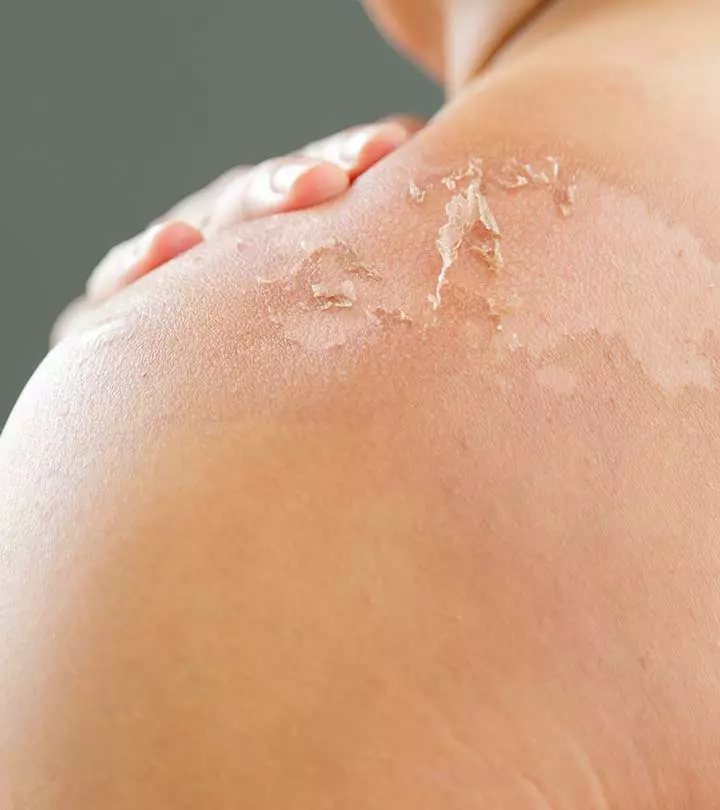
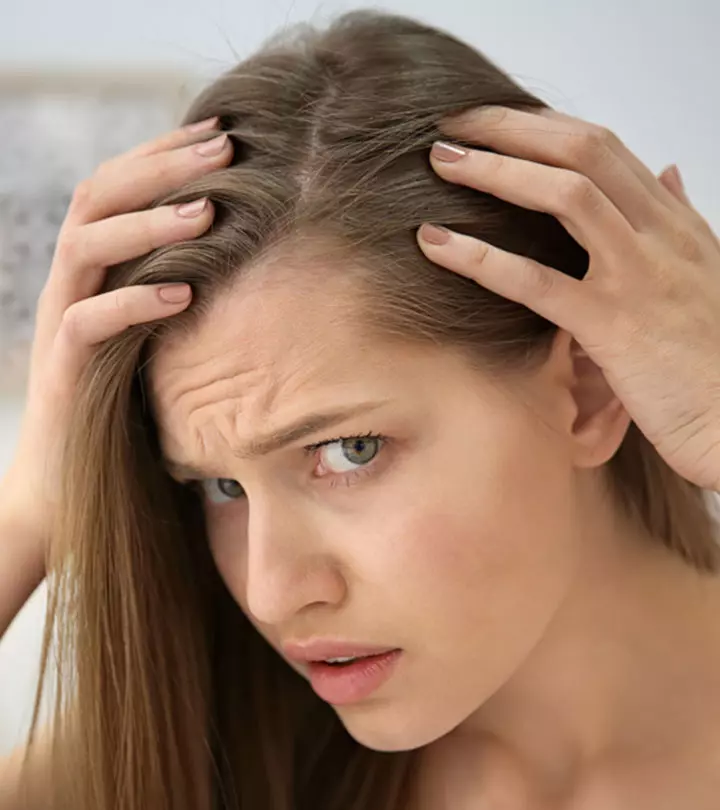
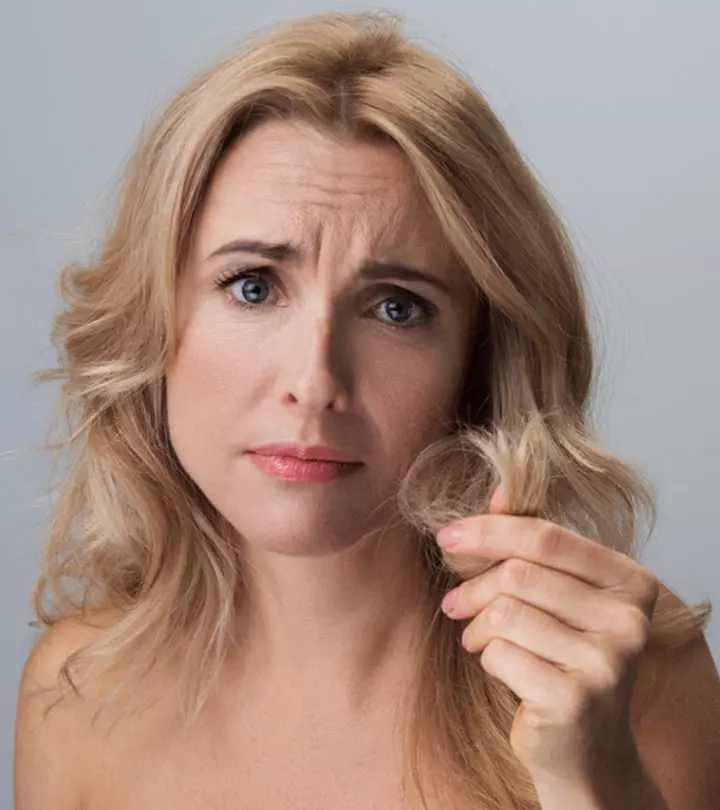
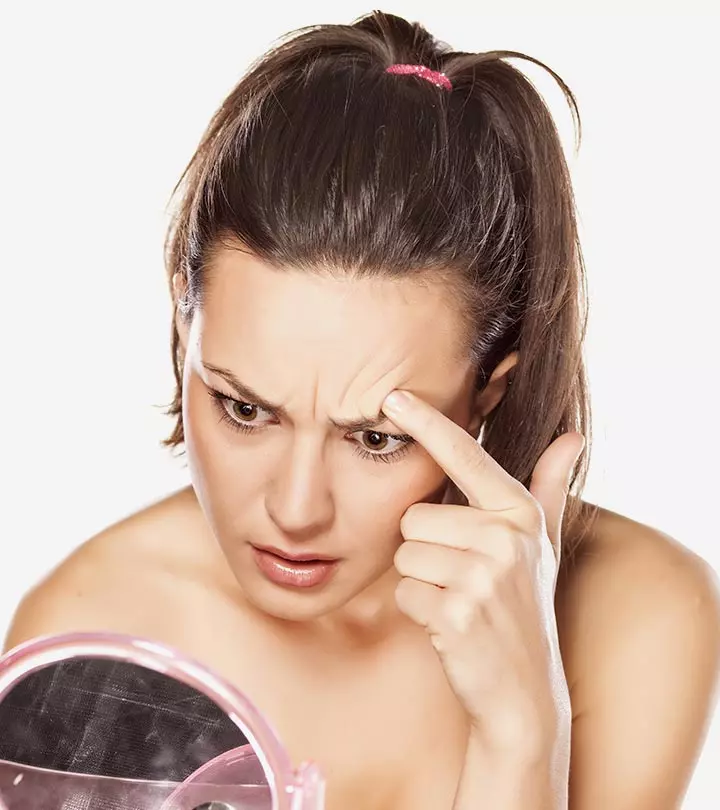
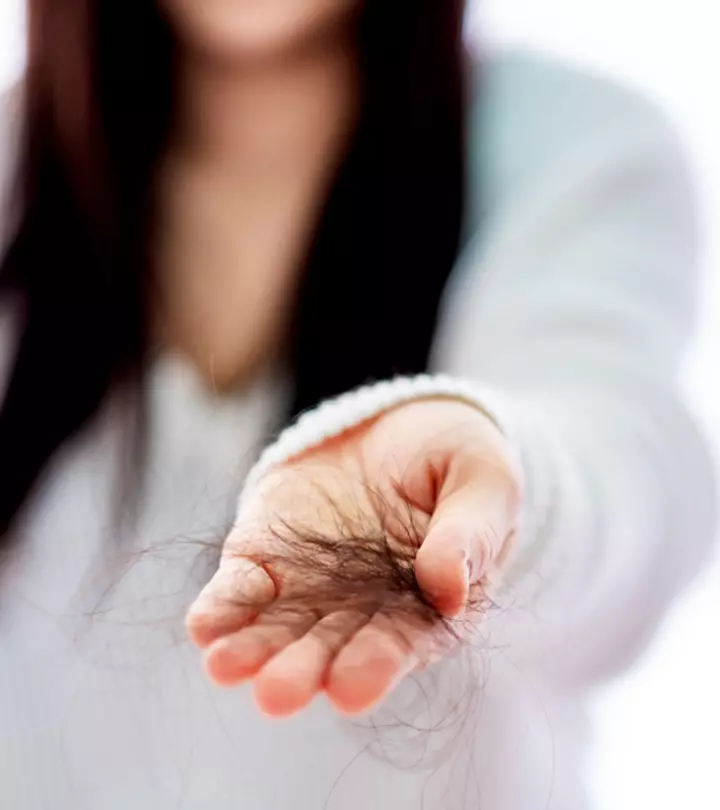
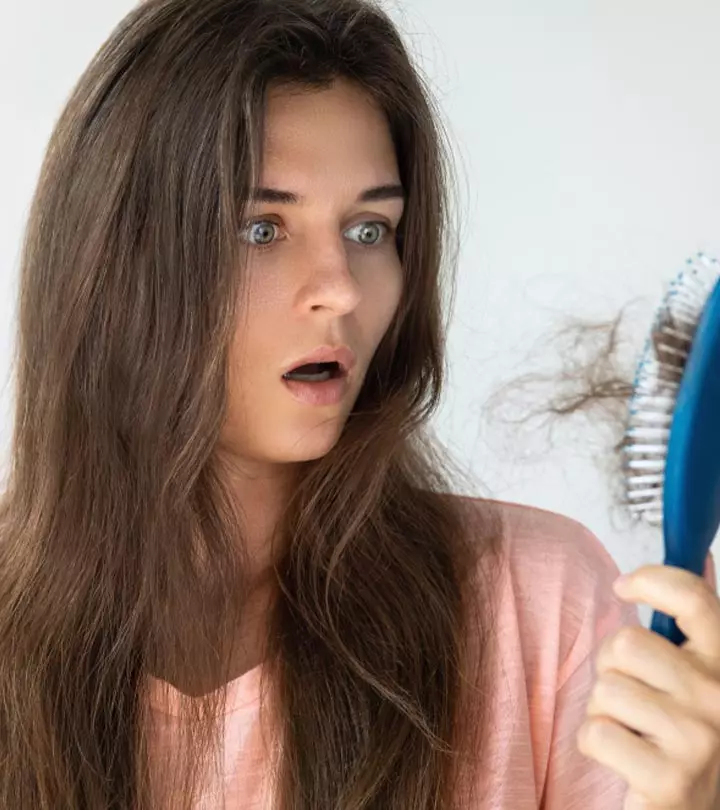
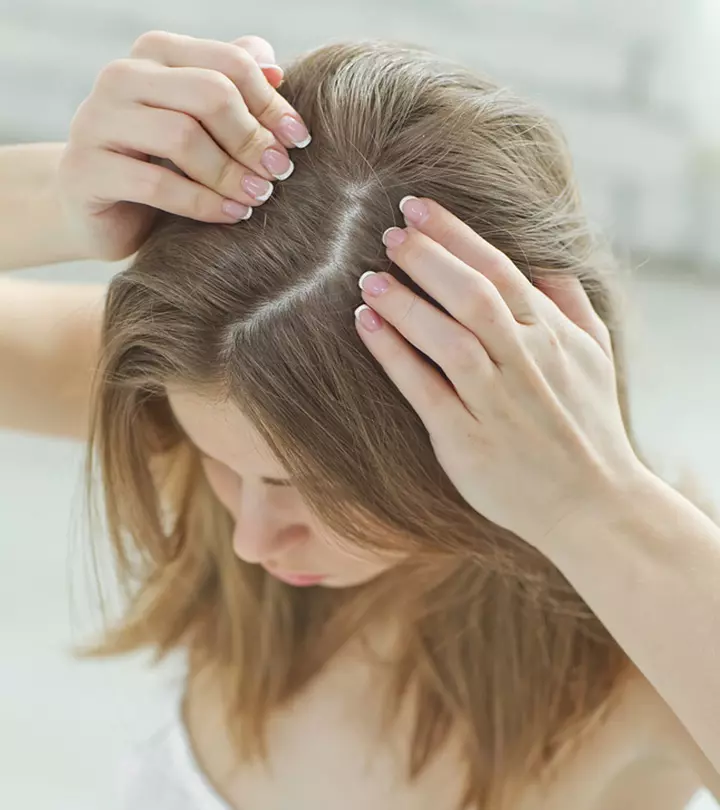
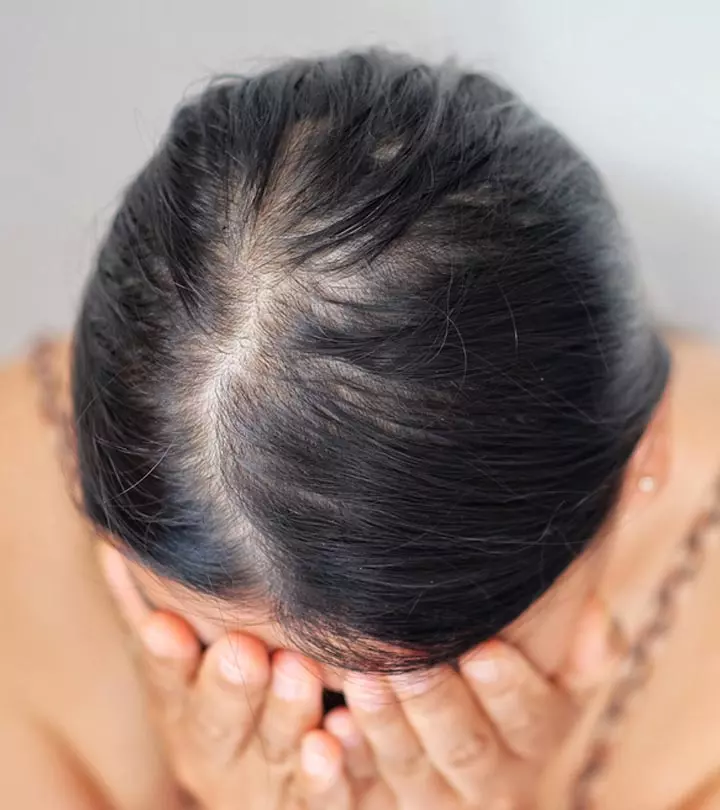
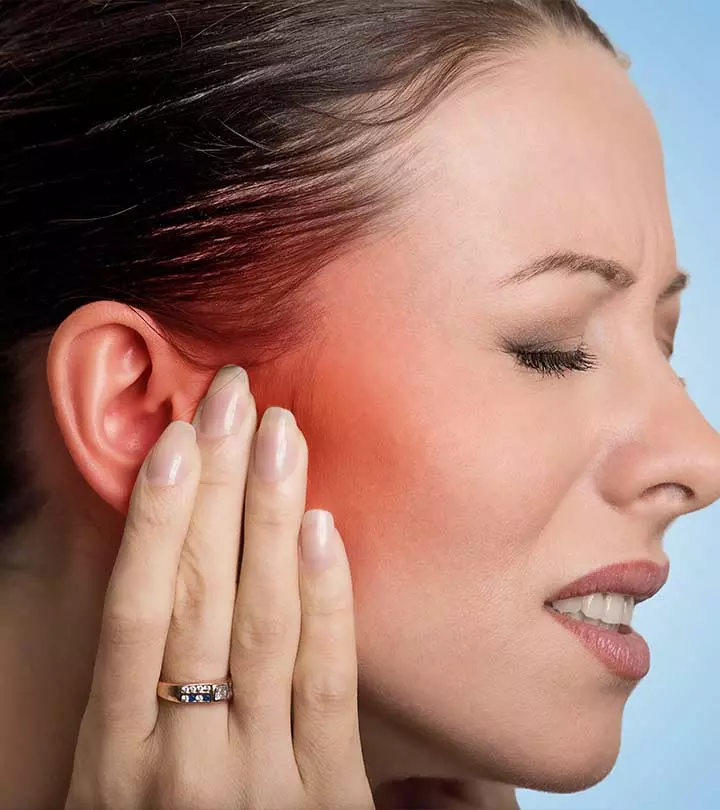
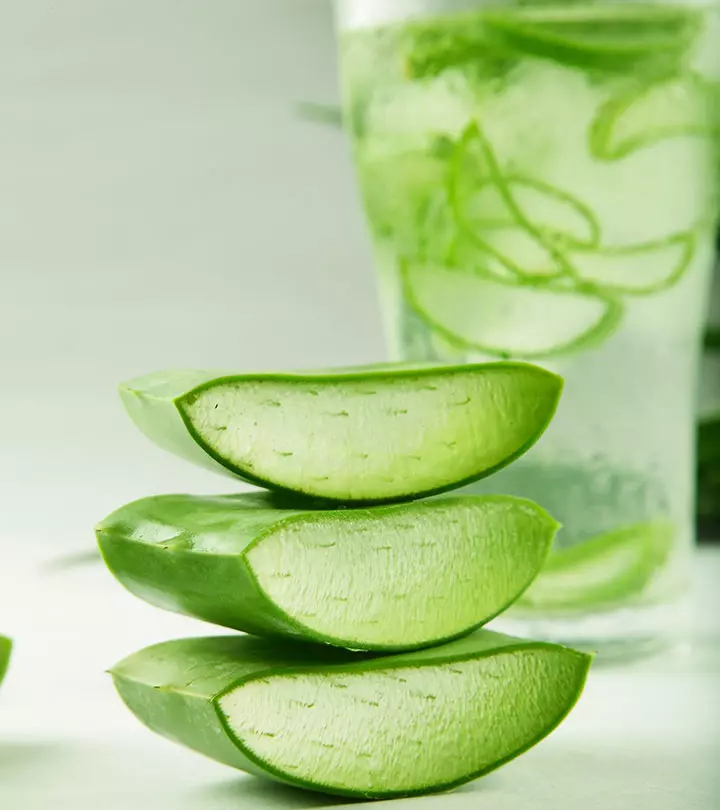
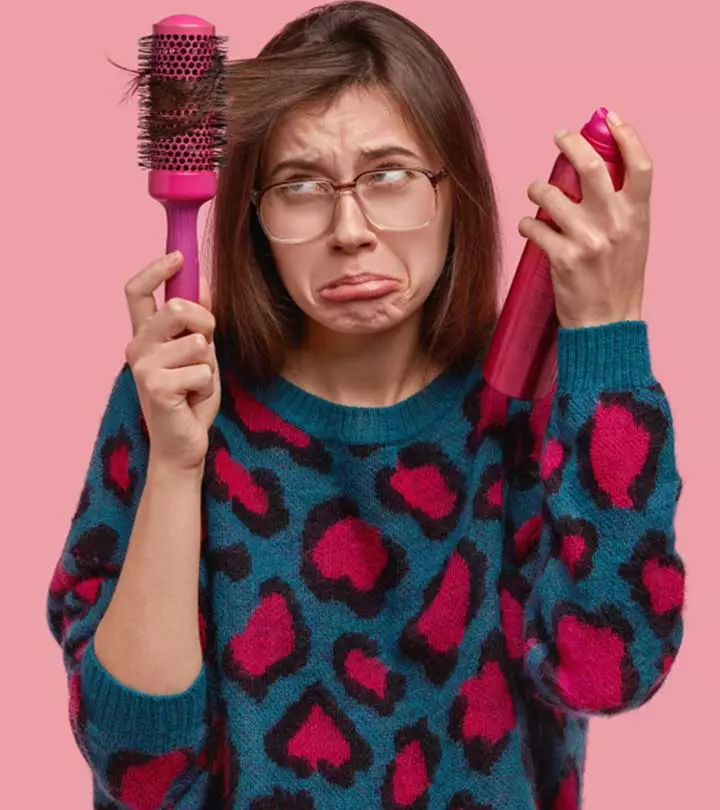
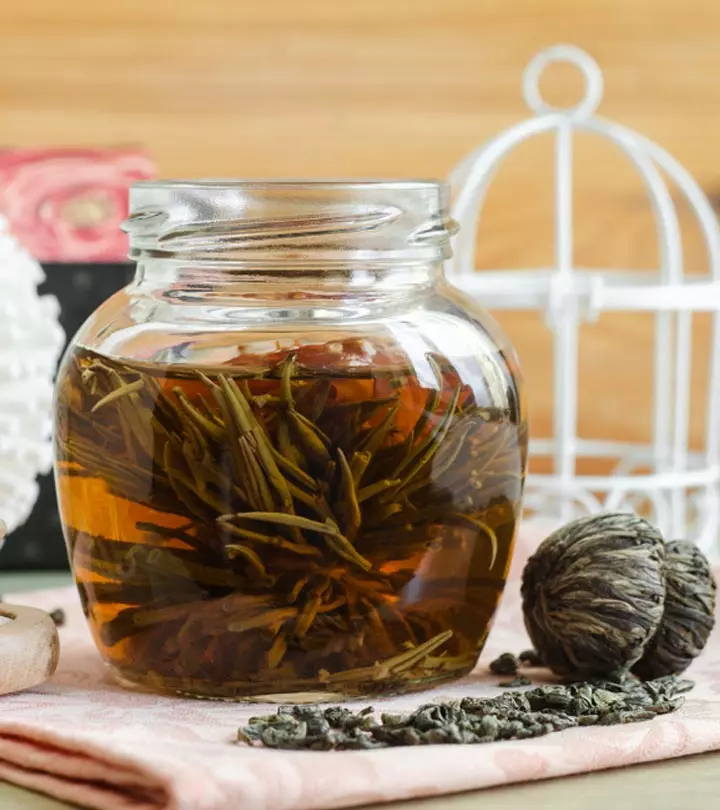
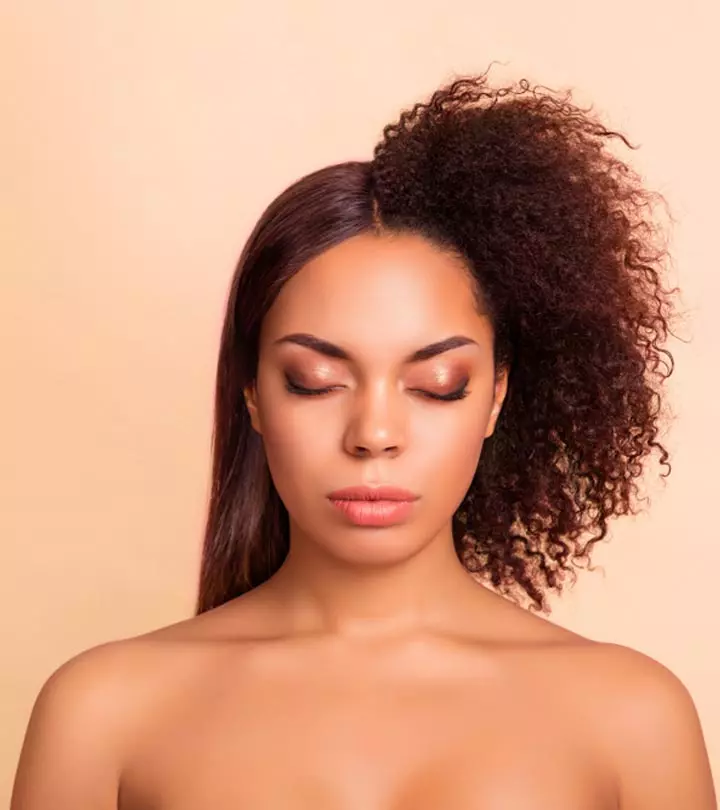
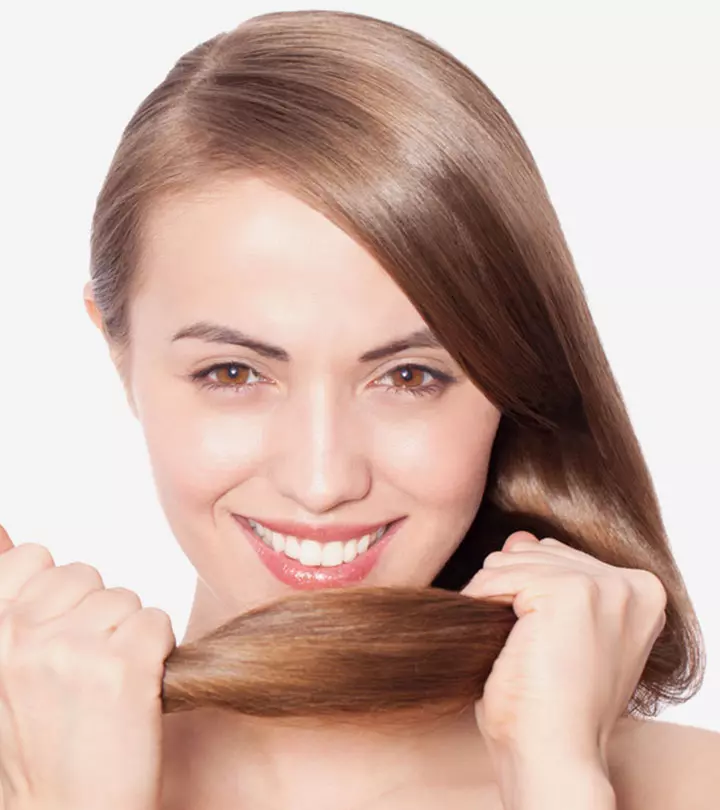
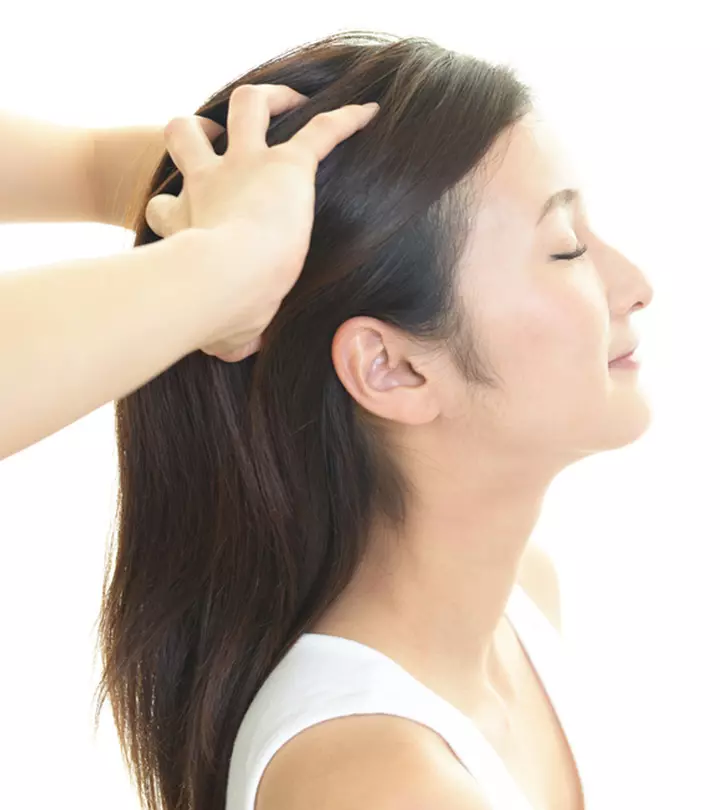

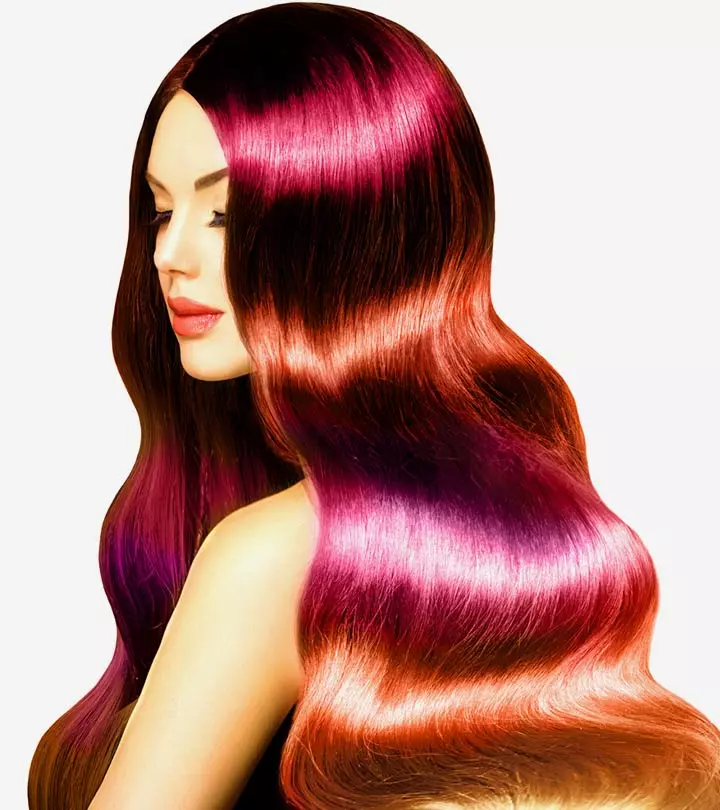
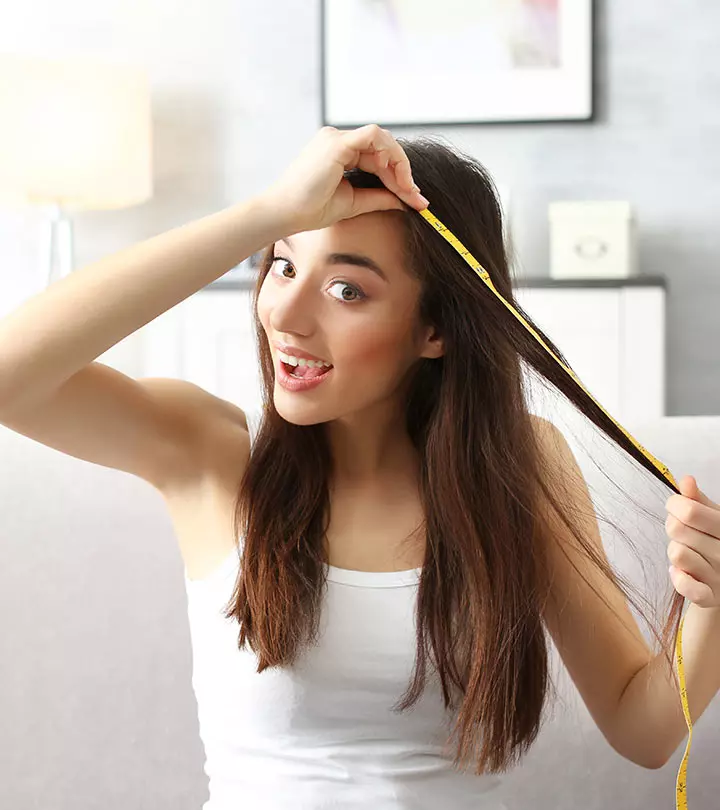
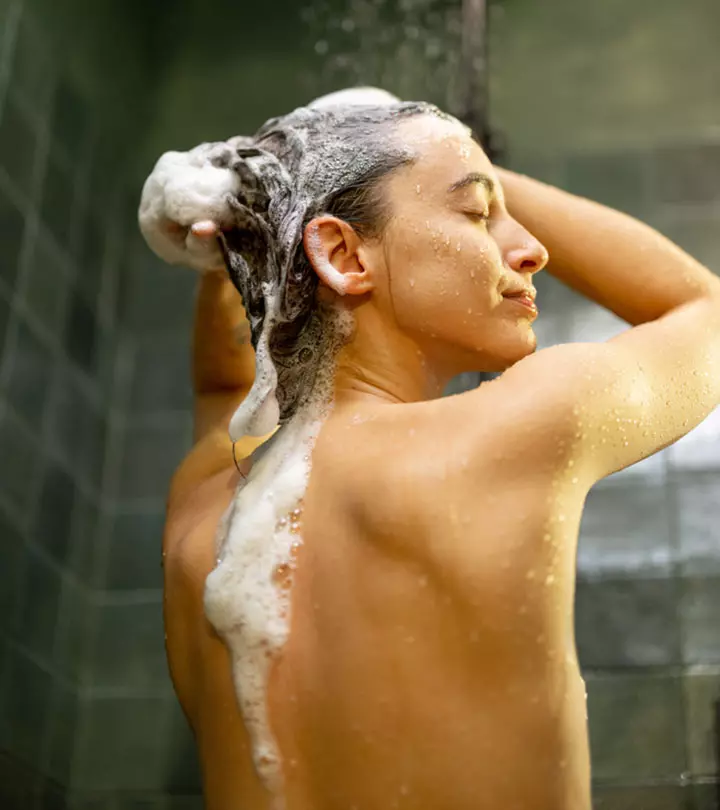

Community Experiences
Join the conversation and become a part of our empowering community! Share your stories, experiences, and insights to connect with other beauty, lifestyle, and health enthusiasts.